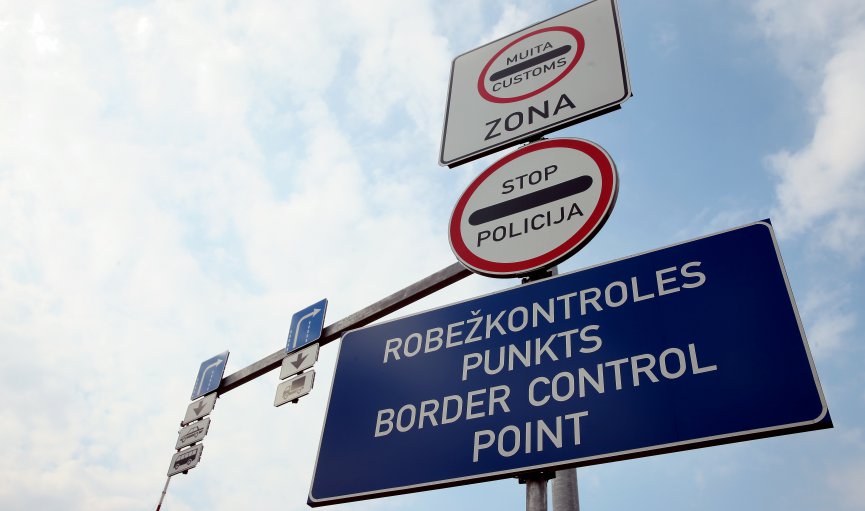The draft law establishes the time of coming into force of national sanctions, provides for taking sanctions into account in public procurement, mandates the need for setting up internal control systems, supplements the list of competent institutions and creates their right to impose penalties for deficiencies in the internal control systems.
The amendments "are necessary to address the shortcomings identified during the implementation of the law, to improve transparency of the legislation governing sanctions-related issues, and to bring the Sanctions Law in line with international requirements," the government said in a release.
Amendments to the Sanctions Law still need to be adopted by the Saeima, and in an unusual move that underlines the urgency of the action, the cabinet said the law "is expected by the end of the current parliamentary term". The next parliamentary elections take place in early October, meaning it is planned that the law should be passed within the next three or four months.
Once passed, all natural persons and legal entities will be under an obligation to comply with and execute sanctions that are in force in Latvia and indeed will have a duty to prevent the violation of sanctions.
The draft law also lays down that national sanctions imposed by the cabinet on persons come into force immediately – on the date that the Prime Minister signs the Cabinet Order containing the list of subjects of sanctions. This instant application should help prevent the subjects of sanctions having a chance to move their assets before sanctions come into force.
The draft law also adds the State Revenues Service (SRS) and the Consumer Rights Protection Centre (CRPC) to the list of competent institutions, stipulating that the said institutions are in charge of control over financial restrictions and restrictions under civil law in regard to persons under their supervision as listed in the draft law;
Those under supervision by the Financial and Capital Market Commission (FKTK), the SRS and the CRPC are obliged to carry out risk assessment concerning sanctions, whilst those supervised by the FKTK are obliged to establish an internal control system. However, the duty to set up an internal control system on sanctions will take effect only on 1 May 2019 "thereby giving time to the supervised persons to make the necessary preparations," the release said.
In future there will also be stricter application of sanctions in the field of public procurement, imposing an obligation to check whether candidates or tenderers have been targeted by any sanctions, as well as the obligation to provide for in public procurement contracts the right to unilaterally withdraw from the contract, should its implementation be impeded by sanctions imposed during the contract period. This provision will not apply to procurements or procurement procedures launched or announced before the provision takes effect.


























